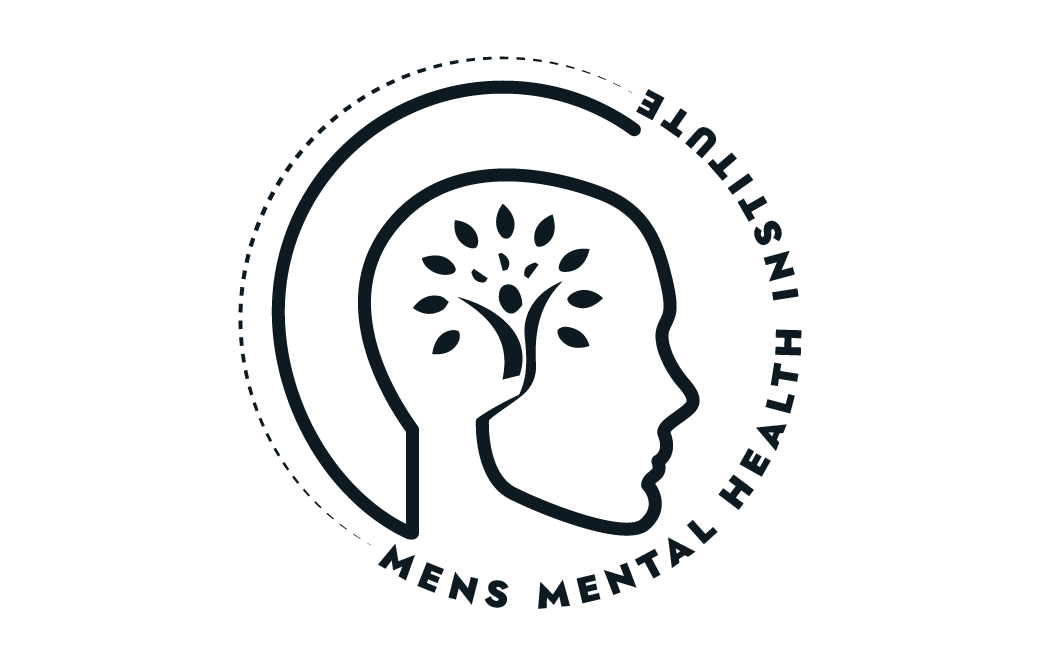Why Your Brain and Culture Trap You in “Work = Worth” Mode
For many men, especially in today’s hyper-competitive world, work isn’t just a job, it becomes the core of your identity. You’re the provider, the fixer, the guy who “has it all together.” But when your self-worth is tied exclusively to productivity, paycheck, and performance, it’s a recipe for exhaustion, burnout, and emotional numbness.
From an evolutionary psychology view, men are wired to be providers and protectors. This hardwiring fuels motivation to achieve and dominate, but it can also trap you in a narrow role. Your mammalian brain’s limbic system rewards achievement with dopamine hits, reinforcing the cycle of “more work, more success.” Yet, this same system is also highly sensitive to threat, like the fear of losing status or falling behind.
Neuroscience explains what’s happening when you push too hard: your stress response system (HPA axis) stays activated. Cortisol floods your brain and body, impairing executive function, decision-making, and emotional regulation. Your prefrontal cortex, the “rational” part of your brain, wears down. Rest feels unsafe because slowing down triggers fear circuits telling you that failure or irrelevance is just around the corner.
Social psychology reveals the cultural weight behind this. Society often praises men for toughness and relentless hustle while stigmatizing vulnerability and rest. This creates a trap where you carry the unspoken burden of being “the one who holds it all together,” often in silence.
Unfortunately, the mental health industry sometimes misses the mark here, over-relying on labels like “workaholic” or “anxiety disorder” without addressing the deeper identity and cultural dynamics. Overmedication or generic advice to “just relax” won’t break this cycle.
Strategies to Reclaim Your Identity Beyond Work
Cognitive Behavioral Therapy (CBT)
Helps identify and challenge beliefs tying your worth solely to work. It encourages reframing thoughts like “I must always perform” into balanced, flexible perspectives.
Acceptance and Commitment Therapy (ACT)
Teaches acceptance of discomfort around slowing down and shifting focus toward living a values-driven life, not just a productivity-driven one.
Mindfulness and Somatic Practices
These calm the nervous system, downregulate chronic stress, and help you tune into your body’s real needs, not just your mind’s urgency.
Narrative Therapy
Rebuild your personal story to include roles beyond “worker”, as a father, friend, creative, or learner. This broadens your identity and reduces pressure.
Behavioral Activation and Scheduling Rest
Science shows rest isn’t laziness, it’s essential for neuroplasticity and cognitive performance. Structured rest and recovery phases help your brain reset and perform better.
What You Can Gain When You Break Free from “Work-Only” Identity
When you reclaim your identity beyond work, you gain freedom:
- Your mental and emotional energy revitalizes, reducing exhaustion and burnout.
- You develop resilience to stress and feel less trapped by fear of failure.
- Relationships improve as you show up more present and emotionally available.
- You discover or reconnect with passions, values, and parts of yourself you may have neglected.
- Your overall life satisfaction grows because your worth becomes based on who you are, not just what you do.
Work remains important, but it no longer defines your entire existence. That shift unlocks deeper happiness, balance, and a sustainable way to succeed.








